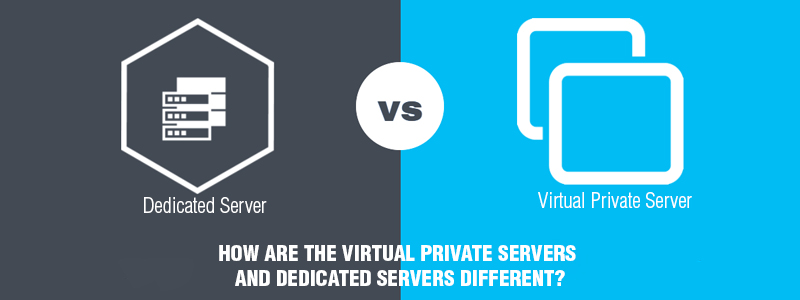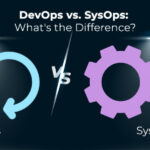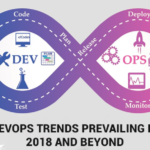Cloud implementation services have recently witnessed a sharp surge in demand as a result of the increasing market competition and the growing needs of the businesses to look for ways and means to cut down on their expenses. Out of the options available to adopt these, while the virtual private servers are popular owing to their affordability among the other benefits, dedicated servers serve to meet the specific cloud implementation needs of the medium to large organizations.
As your business sets out to consider these cloud implementation services options, here’s all that you need to know about virtual private servers, dedicated servers and what are the differences between the both:
What is a Virtual Private Server?
It is a cloud implementation model well-suited for small to medium enterprises that strive for IT infrastructure optimization, however, cannot afford the high costs involved in the implementation of dedicated servers. VPS imparts the performance equivalent to that of a dedicated server that is being run on a machine in shared environment. The customers get complete hold of the server using root access making it no less than the dedicated server hosting. This allows your business to install or run any application or customer software that meets your needs. The good thing about a VPS is that it keeps the performance of the websites you run on your server independent of the other websites which is not the case with the shared servers. This is the reason of its better performance and faster loading speeds of the websites hosted specially when compared to those on the shared servers.
What is a Dedicated Server?
Dedicated servers are the dedicated and customized cloud solutions ideal for medium to large enterprises that are scaling up fast and therefore, looking for a cloud solution that can accommodate all this growth and scaling needs. The dedicated servers give complete control of the servers in the hands of your business so that you can use them just so as to meet your specific needs. The way you do in case of a VPS server, in this case also you get to choose the compatible software or operating system that takes care of your specific business needs.
How are Dedicated Servers & VPS different?
In terms of their advantages, dedicated and virtual private servers are similar, however, there are a few points of distinction that set one apart from the other.
1. Need for the infrastructure
In case of the dedicated servers, you need to buy or rent the physical servers as well as look after their maintenance or management. Not so in case of the virtual private servers. The dedicated servers are usually housed in data centers wherein the server hardware is owned by the service provider along with the support services as well for your app or Operating system (optional – only in case of managed services). So, you get to choose whether to opt for managed or unmanaged dedicated servers.
2. Costs implications
The costs incurred in case of VPS are far less than those in the case of dedicated servers since there is no need to either buy/rent any physical server or incur any cost of its maintenance in this case. In case of VPS, you can opt for customized packages that are designed keeping your precise need for scaling in mind. So, in this case you can pay for only as much as you need to use monthly. This eliminates the need to pay any extra money, making the services all the more efficient and affordable for small to medium enterprises.
3. Flexibility & Scalability
While the dedicated server is able to accommodate all the scaling and growth need of your fast growing business, VPS lets you take care of your actual business demand with its flexible packages with as much of the infrastructure and resources as exactly needed by your business. So, if we take an example of a situation wherein you expect your servers to receive exceptionally high amount of traffic during festivities, you can plan ahead and brace your server with increased specifications so as to maintain high performance of your server.
Depending upon your business goals, current needs, future strategic needs, growth plans and priorities, you may find any one of the two models more suitable. All that really matters is making the right choice of the server since this sets the pace for a concrete web presence that is commercially viable in the long term. An ideal choice of the server will always make sure that your business is efficient with its IT infrastructure costs while not losing the sight of the future growth and scaling needs of your business.
















